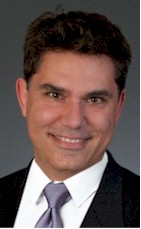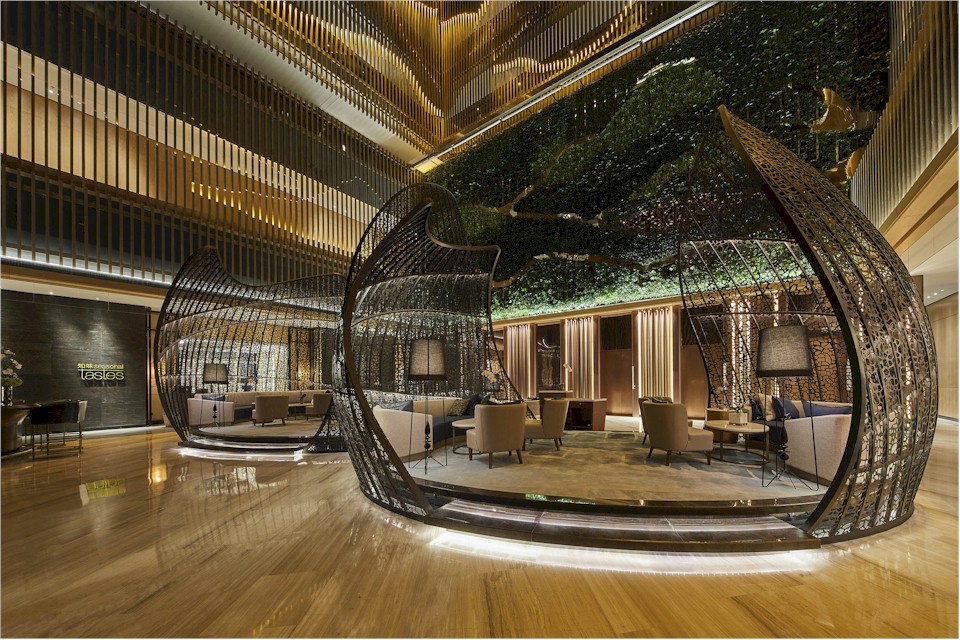Human Resource Executives in the Lodging and Restaurant Sectors utilize systematic tracking mechanisms in order to "categorize" and monitor associates and key talent. Some tools work readily smoothly but depending upon the size and scale of the organization, these KPI tools may need modifications in order to result in the better information, useful for the continued training and success of employees. The "Four-Box Grid" offers the advantage of easy tailoring to the success metrics of a specific team, department, market, or organization. And, if anchored to specific metrics, it can facilitate discussions and decisions related to development and succession planning. READ MORE
How do hoteliers, real estate management companies, asset managers and the like attract the traveler and make their property unique, desirable and sought after? Hotels have been curating a guest experience for years and have discovered that a more personalized, interactive and authentic experience delights their guests. An important part of hotel design is creating a strong narrative for each hotel. What is the hotel's story? Designers should create a design story for each hotel touching on the history of the hotel, the surrounding neighborhood, the mission of the property, the dedication to its guests. This story leads to better understanding of the goals of each project and builds trust, comprehension, receptivity and more. READ MORE
The term Biophilic design comes from the word biophilia, meaning "the love of life." First used by an American biologist named Edward O. Wilson decades ago, the phrase has just recently emerged as a popular subject of discussion in the hospitality design world. In our modern society, especially amongst those living in urban environments, we have witnessed an increasing demand to reconnect with nature to maintain health and well-being. While companies quickly embraced the idea of employee wellness in response, hotels have fallen behind in adopting biophilic design to improve guest satisfaction and operational revenue. READ MORE
There's no doubt biophilic design is on the rise, and with good reason. With health and wellness top of mind for customers, and a proven link between biophilic design strategies and increased well-being, the implementation of such features can not only enhance guest experience but add tangible value to a hotel's bottom line. Yet popular design elements like green walls have a high initial cost and require continued maintenance, which can be a limitation. So how can hoteliers split the difference and get smarter about biophilic design? We'll share key considerations to successfully implement biophilia without busting the budget. READ MORE
I present hotel executives with a new idea in that when change becomes increasingly valuable, hotel executives can manifest themselves as catalysts to implement effective changes in hotel's internal resources. I suggest new insights to identify corporate culture and corporate structure as primary drivers, which influence financial performance that matters to hotel executives that care. The focus of this article is based upon the critical role of corporate culture and corporate structure which allows a rich basis to understanding the mechanisms by which financial performance is influenced. READ MORE


 LIBRARY ARCHIVES
LIBRARY ARCHIVES 
















